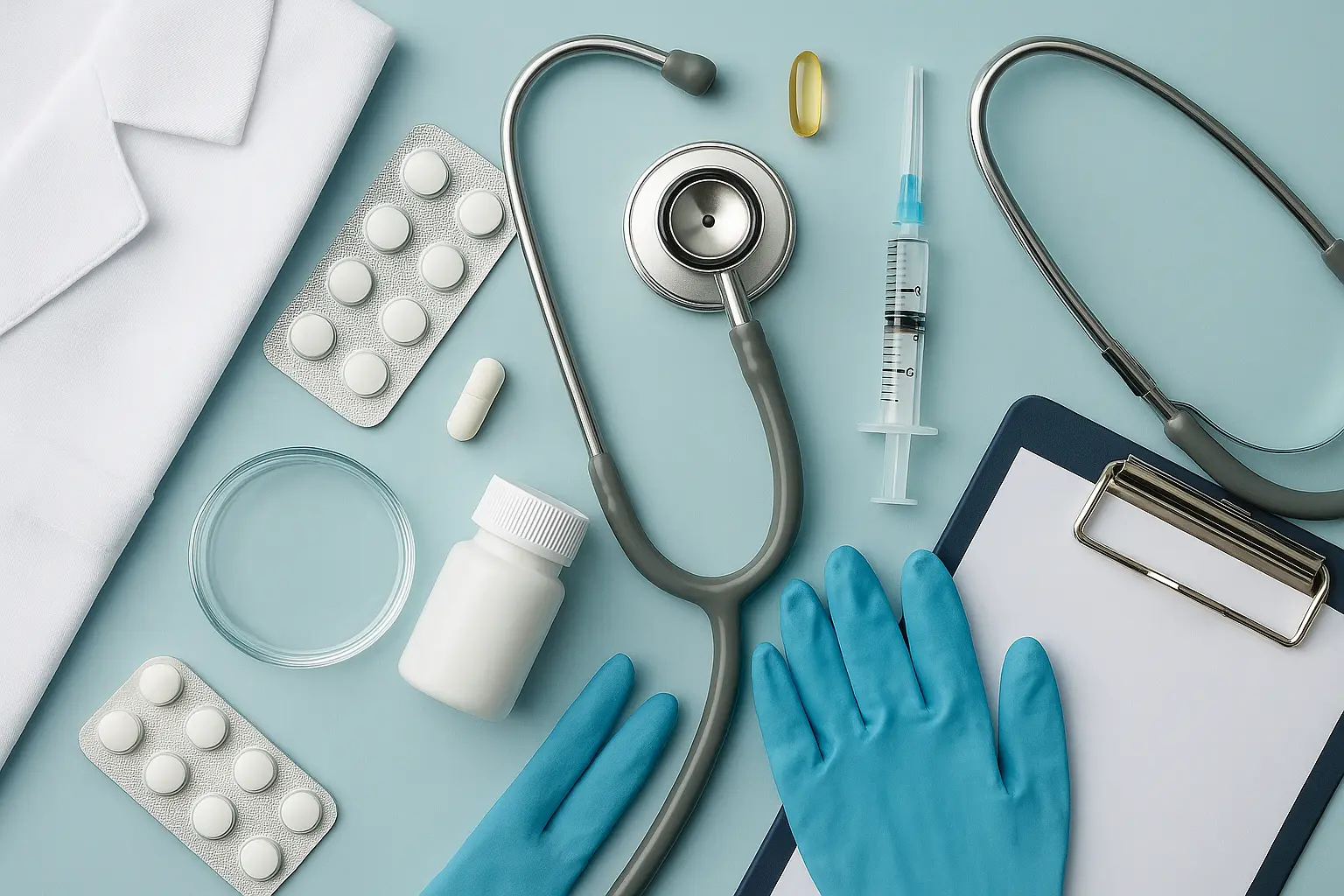EN 14155 Clinical Investigation of Medical Devices Certification
The CEN standard EN 14155 sets out the requirements and recommendations for conducting clinical investigations on medical devices. This certification is essential to ensure that medical devices are safe, effective, and meet the necessary regulatory standards before they reach the market.
The process involves rigorous evaluation of the device's design, manufacturing processes, and its performance in real-world conditions. Compliance with EN 14155 helps manufacturers demonstrate their products' safety, efficacy, and quality assurance to healthcare providers, regulatory authorities, and the general public. This certification is especially critical for devices that come into direct contact with patients or are used in life-saving procedures.
The standard covers a wide range of medical devices, including but not limited to:
- Implants
- Surgical instruments
- Diagnostics equipment
- In-vitro diagnostic (IVD) products
- Software as a Medical Device (SaMD)
The clinical investigation is conducted under strict guidelines to ensure that the results are reliable and reproducible. The standard emphasizes ethical considerations, including informed consent from participants, ensuring patient safety, and protecting the rights of all involved parties.
A key aspect of EN 14155 is its emphasis on the design and conduct of clinical trials. This ensures that the trial methodology is robust and capable of producing valid results. The standard also mandates the use of appropriate statistical methods to analyze the data collected during the investigation.
Manufacturers seeking certification must provide comprehensive documentation, including:
- A detailed protocol for the clinical investigation
- Data on the device's performance under various conditions
- Evidence of patient safety and efficacy
- Details on the trial design and methodology
The certification process is rigorous and involves multiple stages:
- Application submission: The manufacturer submits an application along with all required documentation.
- Evaluation by a Notified Body: A Notified Body reviews the submitted materials to ensure compliance with EN 14155. This body must be accredited and recognized by the relevant regulatory authority in the country of manufacture.
- Clinical investigation: The device undergoes clinical trials under real-world conditions, involving a representative sample of potential users.
- Data analysis: Statistical methods are used to analyze the data collected during the trial. This ensures that any trends or patterns in the data can be identified and interpreted accurately.
- Certification issuance: If all requirements are met, the Notified Body issues a certificate of conformity.
This certification is recognized by numerous countries worldwide, including members of the European Union (EU), as well as other regions such as the United States and Canada. Compliance with EN 14155 not only facilitates market access but also enhances the reputation of the manufacturer in the global medical device industry.
The standard's focus on safety, efficacy, and quality assurance aligns with broader regulatory trends aimed at improving patient outcomes and ensuring the reliability of medical devices. By adhering to these guidelines, manufacturers can ensure that their products are safe for use in clinical settings and contribute positively to public health.
Benefits
Obtaining EN 14155 certification offers several significant benefits:
- Enhanced Credibility: The certification demonstrates a commitment to quality and safety, enhancing the manufacturer's reputation in the market.
- Facilitated Market Access: Compliance with international standards simplifies regulatory compliance in multiple jurisdictions, reducing entry barriers into new markets.
- Patient Safety: Rigorous clinical trials ensure that medical devices are safe and effective for their intended use.
- Ethical Considerations: The standard emphasizes the ethical treatment of participants, ensuring informed consent and protecting patient rights.
- Regulatory Compliance: Meeting EN 14155 requirements ensures compliance with international regulations, reducing the risk of non-compliance penalties.
- Increased Sales: A strong reputation for quality can lead to increased sales and market share.
- Improved Product Development: The certification process provides valuable insights into potential issues and areas for improvement.
The benefits extend beyond the manufacturer, positively impacting healthcare providers and ultimately contributing to improved patient outcomes. Certification under EN 14155 is a critical step in ensuring that medical devices meet the highest standards of safety and effectiveness.
Customer Impact and Satisfaction
The impact of EN 14155 certification extends to healthcare providers, patients, and the broader community:
- Patient Safety: Certified medical devices are safer and more effective, reducing the risk of adverse events.
- Ethical Practice: The standard ensures that trials are conducted ethically, with informed consent and patient rights respected.
- Quality Assurance: Compliance with EN 14155 guarantees that devices meet strict safety and efficacy standards.
- Improved Outcomes: Safe and effective devices contribute to better healthcare outcomes and improved quality of life for patients.
- Enhanced Reputation: Healthcare providers can trust certified products, enhancing their reputation and credibility.
- Patient Trust: The certification builds trust between manufacturers, healthcare providers, and patients.
The benefits are not limited to the immediate stakeholders. By ensuring that medical devices meet high standards of safety and efficacy, EN 14155 contributes to a more reliable and trustworthy medical device industry, benefiting all those involved in healthcare delivery.
International Acceptance and Recognition
The certification under EN 14155 is widely recognized internationally:
- European Union (EU): Compliance with this standard is a requirement for marketing medical devices within the EU.
- Beyond Europe: The standard's rigorous requirements make it highly respected in countries outside of Europe, including the United States and Canada.
- Regulatory Authorities: Regulatory bodies worldwide accept EN 14155 as a benchmark for safety and efficacy.
The certification process is stringent and involves multiple stages to ensure thorough evaluation. This comprehensive approach ensures that only products meeting the highest standards are certified, enhancing international trust in these devices.
The acceptance of this standard by various regulatory bodies worldwide simplifies compliance for manufacturers looking to enter multiple markets. It also reduces the risk of non-compliance penalties and enhances the reputation of compliant manufacturers globally.





